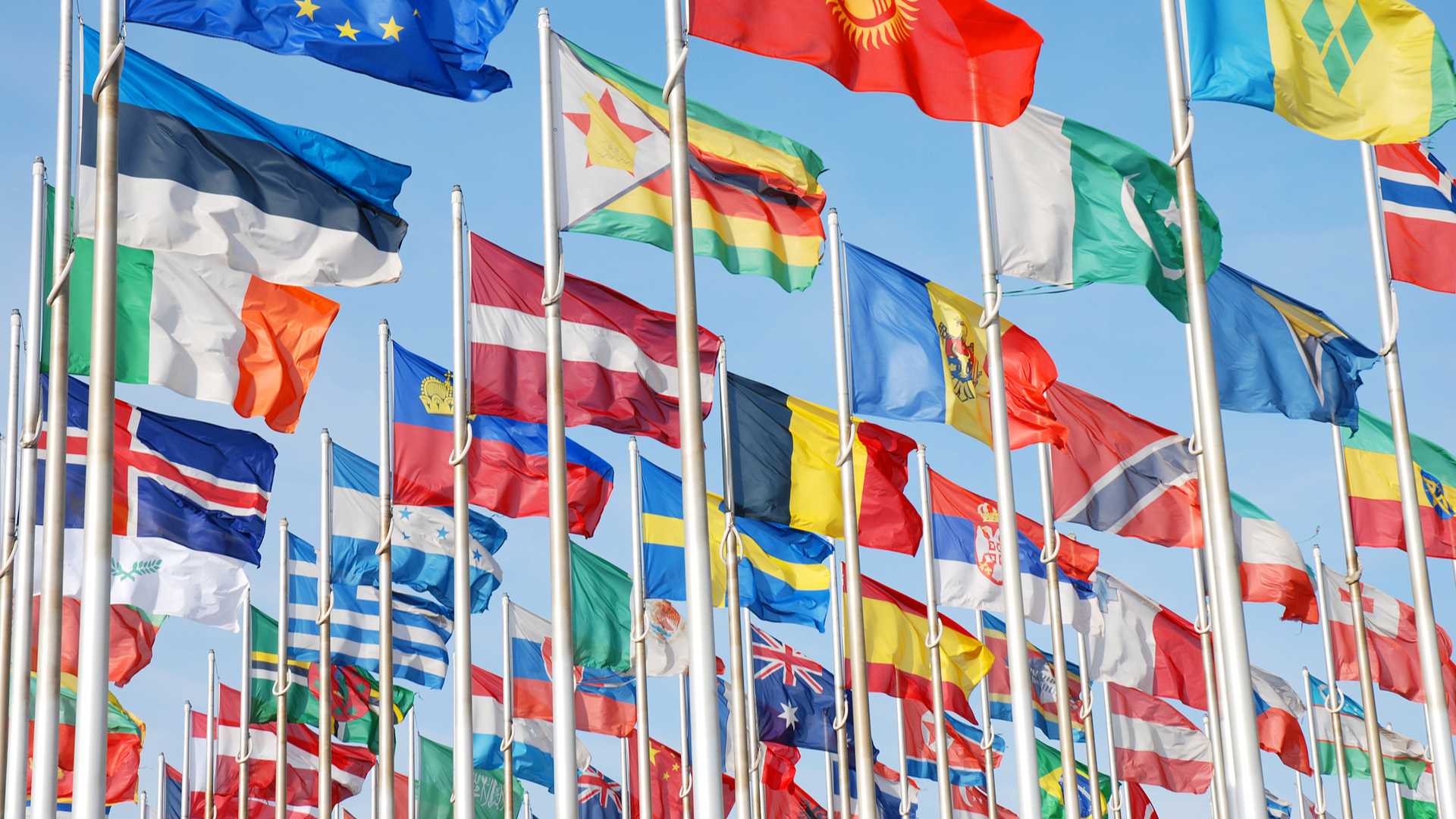On 21 January 2022, the Australian Minister for Foreign Affairs, Marise Payne and Minister for Defence, Peter Dutton hosted their UK counterparts, Secretary of State for Foreign Commonwealth and Development Affairs, Elizabeth Truss and Secretary of State for Defence, Ben Wallace for the Australia-UK Ministerial Consultations (AUKMIN).
The UK and US Governments have both welcomed the amendments to the Australian Autonomous Sanctions Act 2011 (Cth) (Act) and Autonomous Sanctions Regulations 2011 (Cth) (Regulations) in December 2021, validating the trilateral commitment between Australia, the US and the UK to impose thematic sanctions to respond flexibly to issues of international concern, regardless of geographic location.
Areas including anti-money laundering and counter-terrorism financing, anti-bribery and corruption, employment and labour, biodiversity and environmental compliance, traditional ownership and cultural heritage can potentially now serve as a basis for a thematic sanctions designation, where sanctioning a person or entity also aligns with an Australian foreign policy objective.
These aligned arrangements, which follow the AUKUS announcement, are another reminder for boards and senior management to remain alert to the willingness of the AUKUS Governments to impose sanctions and the commercial impacts they are likely to have on supply chains, personnel and investments.
Australia’s Thematic Sanctions
Under the Act and Regulations, the Australian Minister for Foreign Affairs (Minister) has a broad decision-making discretion for imposing targeted financial sanctions and travel bans on persons or entities under the newly created thematic sanctions regime. The Minister is also required to consult with other Australian Government officials, including the Commonwealth Attorney-General and other Ministers as appropriate. These Thematic Sanctions include designations based on:
- Proliferation of Weapons of Mass Destruction.
- Significant Cyber Incidents.
- Serious Human Rights Abuses.
- Serious Corruption.
Impact of Thematic Sanctions
As State and criminal cyber actors continue to compromise and exploit the security vulnerabilities of individuals, businesses and organisations, prompt and precise responses should be fit for purpose, particularly with the rapidly evolving development and use of digital operations and technology in commercial dealings. In light of the recent announcement of an Australian-UK Cyber and Critical Technology Partnership, the Australian Government will be increasing efforts to deter hostile state activity in cyberspace, including through the coordination of cyber-related sanctions.
The growth of Environmental, Social and Governance (ESG) measures and awareness in the corporate world also highlights the risk that certain types of activities, assets and supply chains can be strained by human rights abuses and serious corruption-based sanctions. Businesses are continually expected to monitor their risk exposure to modern slavery, human trafficking and forced labour, as evidenced in the Australian Transaction Reports and Analysis Centre’s Fintel Alliance recent financial crime guide on forced sexual servitude in Australia.
Given the broad discretion under the Act and Regulations to impose sanctions as either country-specific or thematic sanctions, businesses should re-assess and respond to global trends concerning sanctions risk that can affect their operations.
Australia’s Future Sanctions Landscape
The Australian Government has foreshadowed that Australia’s sanction laws are likely to be the subject of future reform to simplify and clarify Australia’s use of sanctions.
Australia’s sanction laws include a ‘safe harbour’ provision for a body corporate if it can prove it undertook reasonable precautions, and exercised due diligence, to avoid contravening Australian sanctions. The level of due diligence required can vary from business to business, based on their activities and sanctions risk exposure, but can include:
- Contractual arrangements and certifications regarding compliance with Australian and/or other sanctions regimes.
- Sanctions screening to identify designated persons or entities, which are sanctioned.
- Due diligence to confirm the existence of politically exposed persons, foreign government officials and state-owned entities.
- Ensuring ongoing monitoring as to the efficacy of sanctions compliance program.
Businesses should continue to focus on their supply chains, investments and capital in assessing potential sanctions risks. This will involve limiting exposure, whether directly or indirectly, to the perpetrators and activities connected to modern slavery, human trafficking, forced labour, malicious cyber activity, bribery, corruption, money laundering and crimes against humanity.










